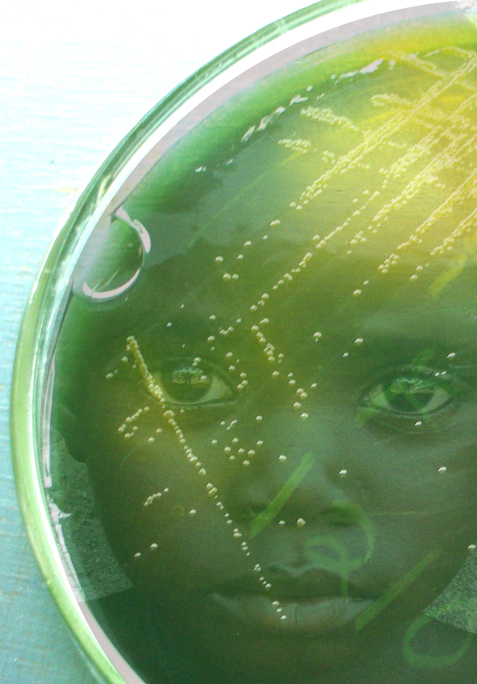Ebola past worst for now
 While World Health Organisation figures show the Ebola outbreak in west Africa is slowing down, experts say now would be the worst time for the world to let its guard down.
While World Health Organisation figures show the Ebola outbreak in west Africa is slowing down, experts say now would be the worst time for the world to let its guard down.
There were just under 100 cases recorded last week, which is the lowest number since mid-2014, and the ELWA-3 treatment centre in Liberia (the world’s largest for Ebola) is now being dismantled.
ELWA-3 is not being taken apart completely, but it is being gradually scaled-down to a capacity of just 30 beds. It can restore another 90 beds with just 24 hours notice.
Medecins Sans Frontieres (MSF) says West Africa is nowhere near back to normal yet.
The group says many of the heavily Ebola-affected areas now resemble warzones, as life remains in disarray.
The worst Ebola virus outbreak in history killed almost 9,000 people across Liberia, Guinea and Sierra Leone in a year.
MSF’s busiest Ebola centre is the Prince of Wales centre in Freetown, which is treating just 30 patients as of January 24.
The ELWA-3 centre is treating three people.
“This decline is an opportunity to focus efforts on addressing the serious weaknesses that remain in the response,” said Brice de la Vingne, MSF director of operations.
“We are on the right track, but reaching zero cases will be difficult unless significant improvements are made in alerting new cases and tracing those who have been in contact with them.”
He said just one new case could “reignite an outbreak”.
“Until everyone who has come into contact with Ebola has been identified, we cannot rest easy,” he said.
The African Union will soon launch an Ebola fund and disease control centre, and aid agency Oxfam says leaders must keep their promises for better healthcare systems across Africa.
Meanwhile, clinical trials for an experimental Ebola vaccine have gone well.
The treatment, developed by GlaxoSmithKline and the US National Institutes of Health, appears fairly safe for use, according to researchers.
“The vaccine was well-tolerated. Its safety profile is pretty much as we had hoped,” said trial leader Adrian Hill, from Oxford University.
“People typically experienced mild symptoms that lasted for one or maybe two days, such as pain or reddening at the injection site, and occasionally people felt feverish.
“It's very similar to what has been seen in previous studies with this general type of vaccine.”
GlaxoSmithKline says a randomised trial of up to 27,000 people in Africa, including health care workers, should begin soon.







 Print
Print